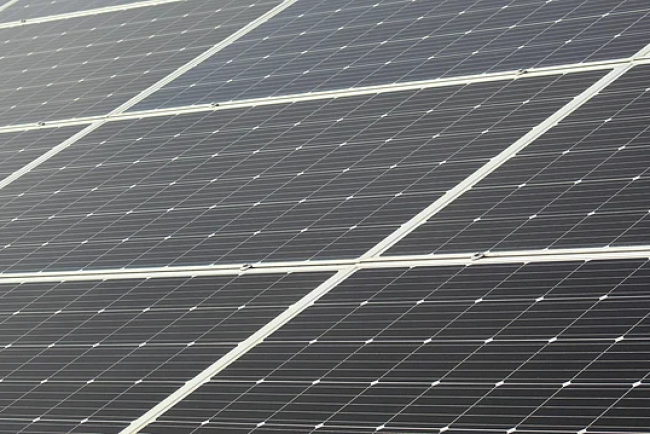Neptune Grass: Nature’s Solution to Mediterranean Ocean Plastic Crisis
Mediterranean Neptune Grass meadows naturally filter up to 900 million pieces of ocean plastic a year, with their unique “Neptune balls” now recognised as key in marine pollution defence.

Neptune Grass: The Mediterranean’s Natural Filter Against Ocean Plastics
The Mediterranean’s seagrass meadows, known as Neptune Grass (Posidonia oceanica), have emerged as one of nature’s most effective defenses against the region’s worsening plastic pollution crisis. Researchers now estimate these underwater meadows trap and eject nearly 900 million pieces of plastic every year.
How Neptune Grass Cleans the Sea
Thriving in shallow coastal waters, Neptune Grass forms dense, mat-like meadows that stabilize seabed sediments while capturing microplastics carried in by rivers. As the plants shed fibrous leaves, ocean currents roll them into stringy balls — called “egagropiles” — that wash ashore. Field studies have found up to 1,500 plastic fragments per kilogram of these balls, proving the plant’s critical role as a natural clean-up system.
Wider Environmental Benefits
Beyond plastic capture, Posidonia oceanica is a powerhouse of carbon storage — locking away up to 15 times more carbon per hectare than the Amazon rainforest. The meadows also serve as nurseries for fish species, safeguard coastlines from erosion, and maintain water quality in one of the world’s most stressed marine ecosystems.
A Fragile, Underappreciated Ally
Despite its importance, Neptune Grass is under threat from pollution, overfishing, and climate change. Marine scientists warn that conserving and restoring these seagrass meadows is crucial if we are to leverage their unique ability to cleanse oceans, fight climate change, and protect marine biodiversity. Their survival must be treated as a priority for Mediterranean nations — and a lesson for global ocean conservation.
What's Your Reaction?

















